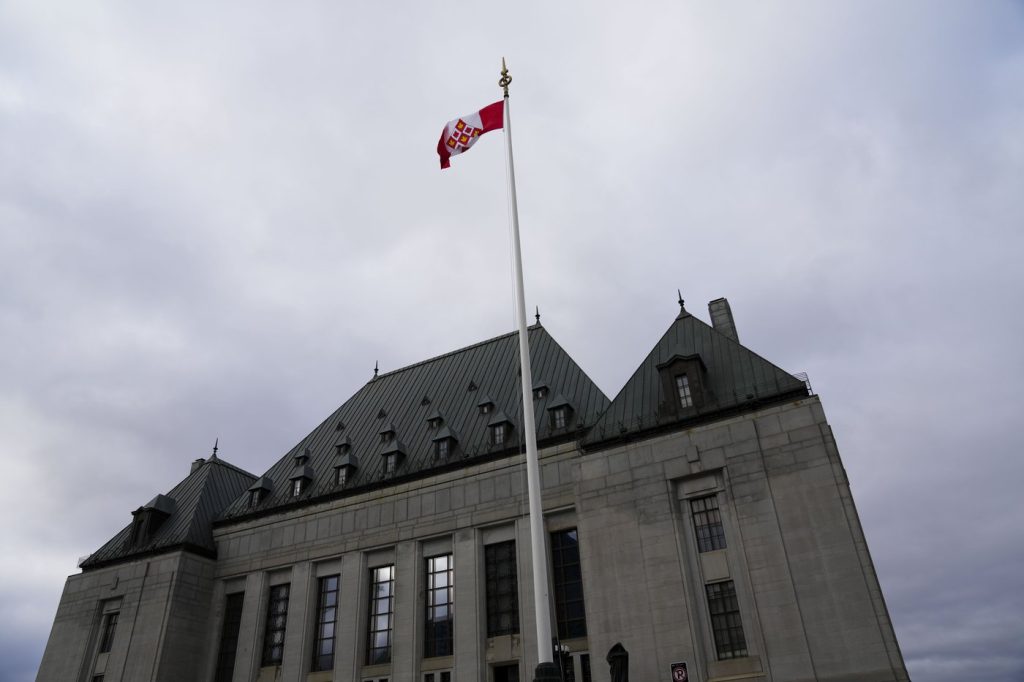The Supreme Court of Canada has issued a significant ruling regarding federal prisoners and their ability to challenge security classifications that affect their confinement. In a 6-3 decision, the court affirmed that inmates have the right to contest decisions that deny their transfer to a lower-security facility through habeas corpus proceedings.
This ruling underscores the importance of habeas corpus as a vital legal mechanism for prisoners who may be subjected to unreasonable restrictions on their liberty. The court highlighted that continuing to confine an inmate in a more restrictive environment, instead of moving them to a facility with lower security, leads to a substantial deprivation of their remaining freedoms.
The ruling emerged from the cases of two plaintiffs, Frank Dorsey and Ghassan Salah, both of whom were incarcerated in medium-security prisons. Dorsey had been classified as a dangerous offender and was serving an indeterminate sentence, while Salah was serving concurrent life sentences. In 2019, both men applied for transfers to a minimum-security institution, seeking to challenge their current classification status.
The court's decision is particularly significant because it reaffirms the principle that broad and effective access to legal recourse is essential for individuals facing unlawful confinement issues. The court emphasized that all prisoners should have the opportunity to contest their detention status, maintaining that the legality of their confinement matters significantly to their overall rights and freedoms.
This ruling not only sets a precedent for future cases regarding prisoner rights and classifications but also reflects a growing recognition of the importance of humane treatment within the correctional system. By allowing inmates to appeal for reclassification through habeas corpus, the court is ensuring that decisions affecting their liberty are subject to legal scrutiny.
The decision is expected to have far-reaching implications for the correctional system in Canada, particularly in how inmates' rights are upheld in the face of classification decisions made by prison authorities. By enabling the judiciary to review and potentially overturn such classifications, the court has strengthened the tools available to inmates to assert their rights and seek fairness in their treatment while incarcerated.
Overall, the Supreme Court of Canada's ruling highlights a crucial legal victory for federal prisoners, emphasizing the necessity of protecting individual rights within the broader context of Canada's justice and correctional systems. As such, it serves as a reminder of the responsibilities of correctional facilities to ensure just and lawful treatment of all inmates.











